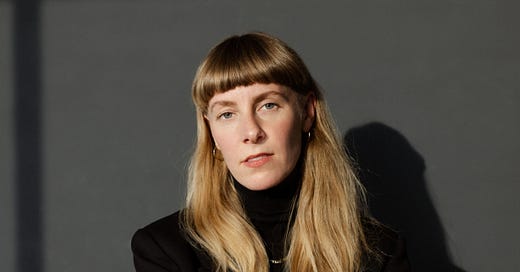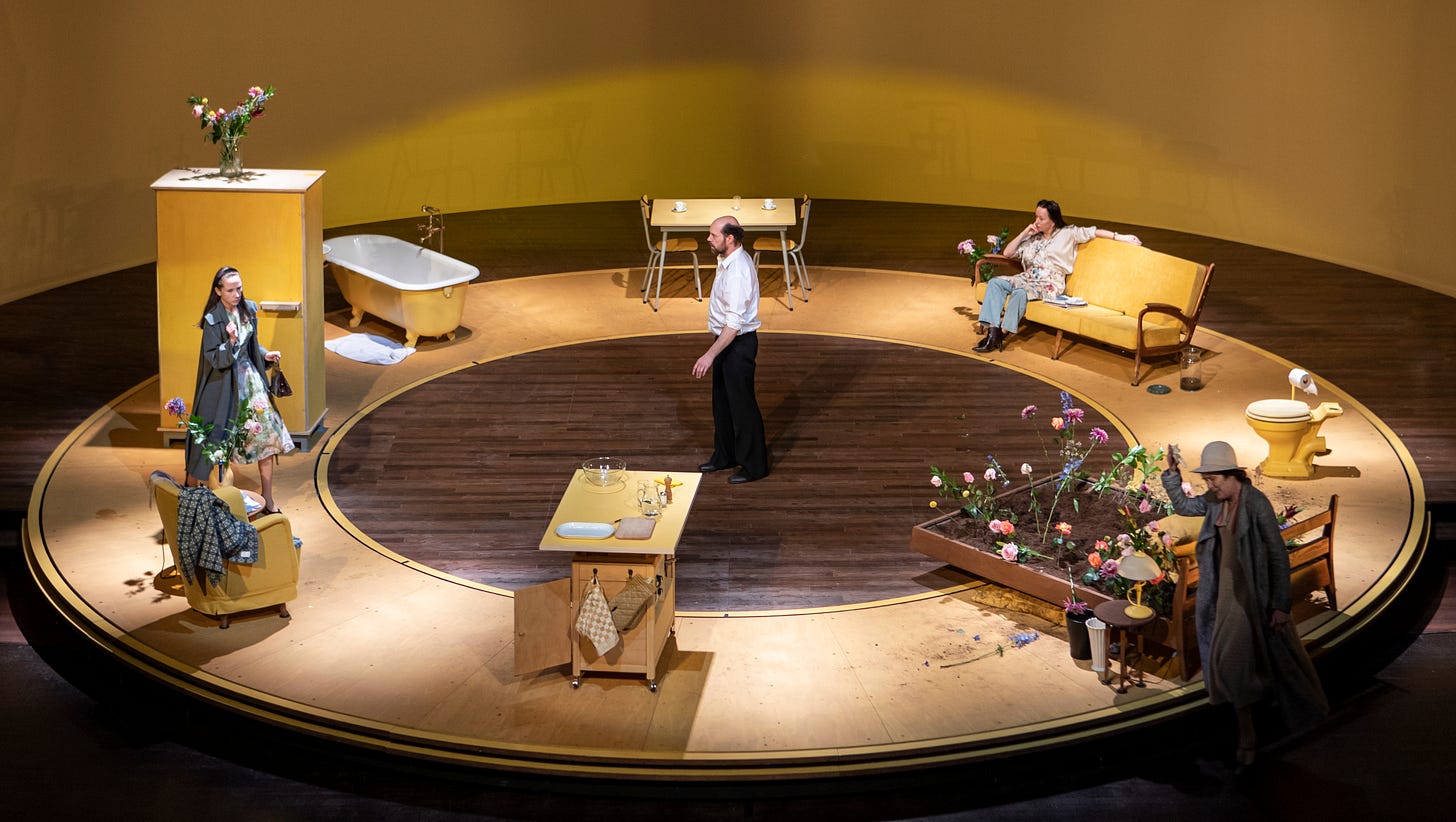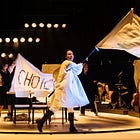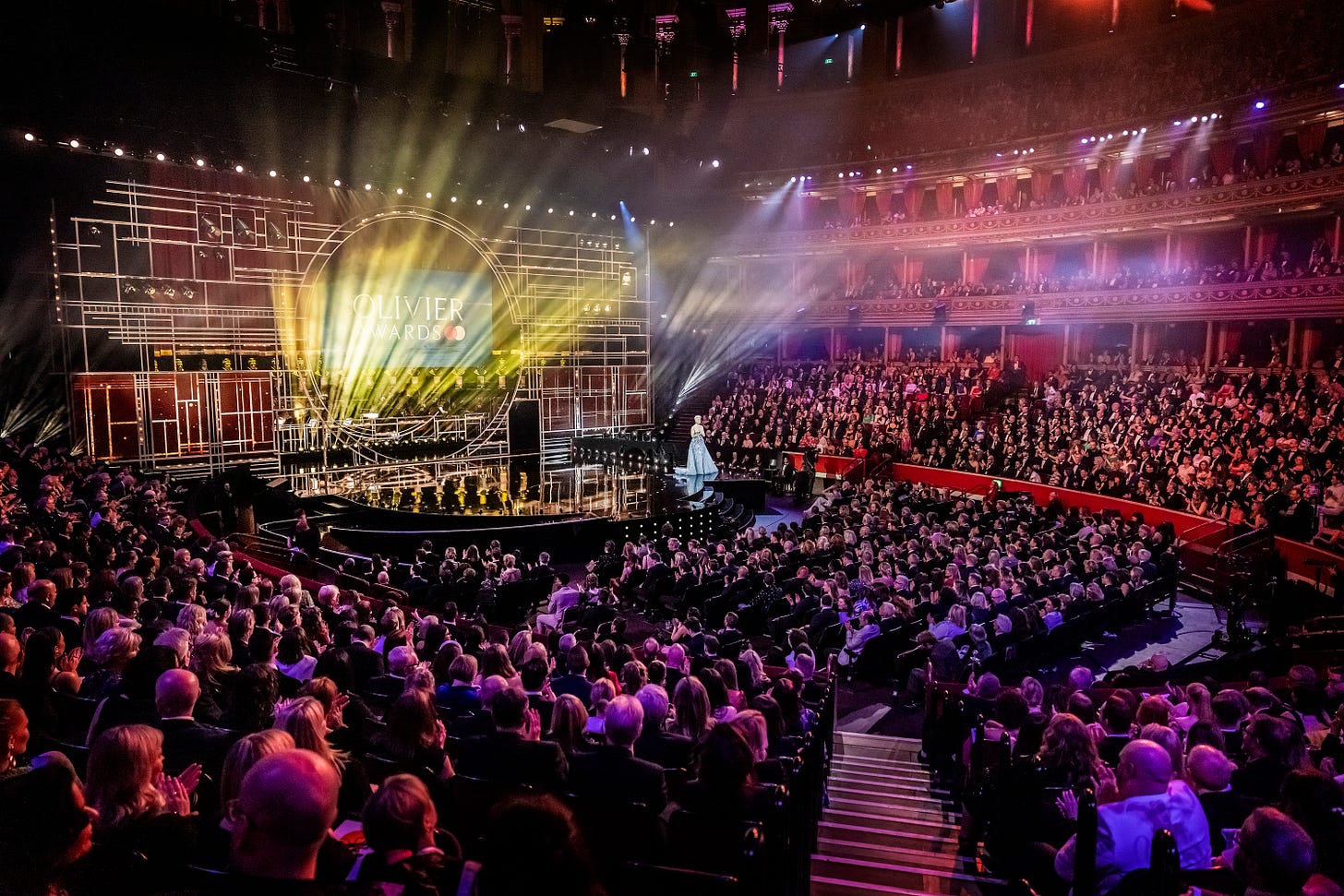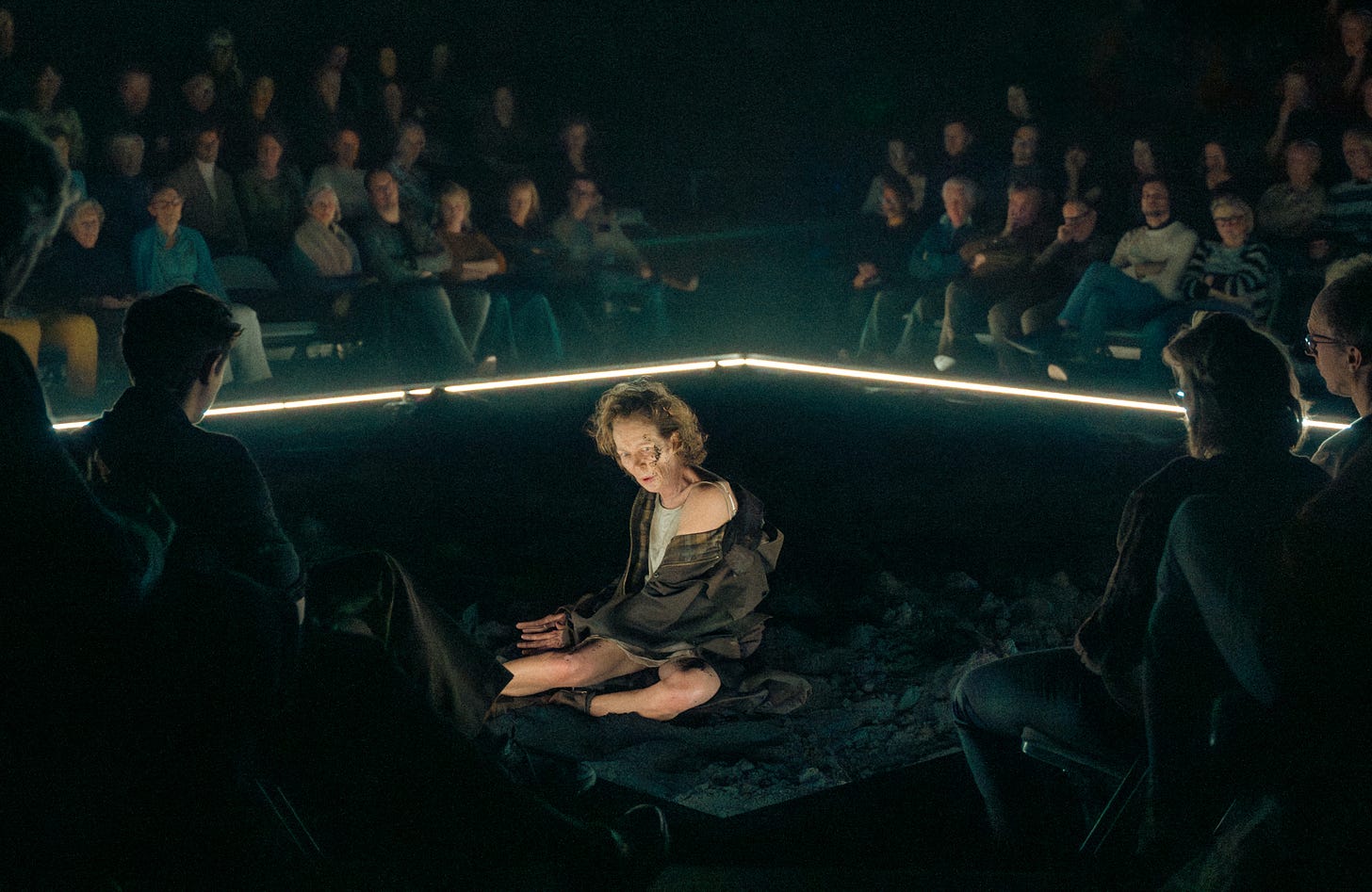Oliviers: Her Story — In Conversation with Eline Arbo
The first in a series of creative conversations with women recognised at this year's Olivier Awards
From Amsterdam to London, Norwegian theatre director Eline Arbo's work has been praised across the boundaries of cultures and languages, including the most recent English language stage adaptation of Annie Ernaux's The Years at the Almeida Theatre and in the West End, which continues to receive both critical and audience acclaim.
As the current Artistic Director of Internationaal Theater Amsterdam (ITA), Arbo commenced her relationship with the organisation as both an Associate Artistic Director and Ibsen Artist in Residence (the role next appointed to Rebecca Frecknall, outgoing Associate Director of the Almeida Theatre).
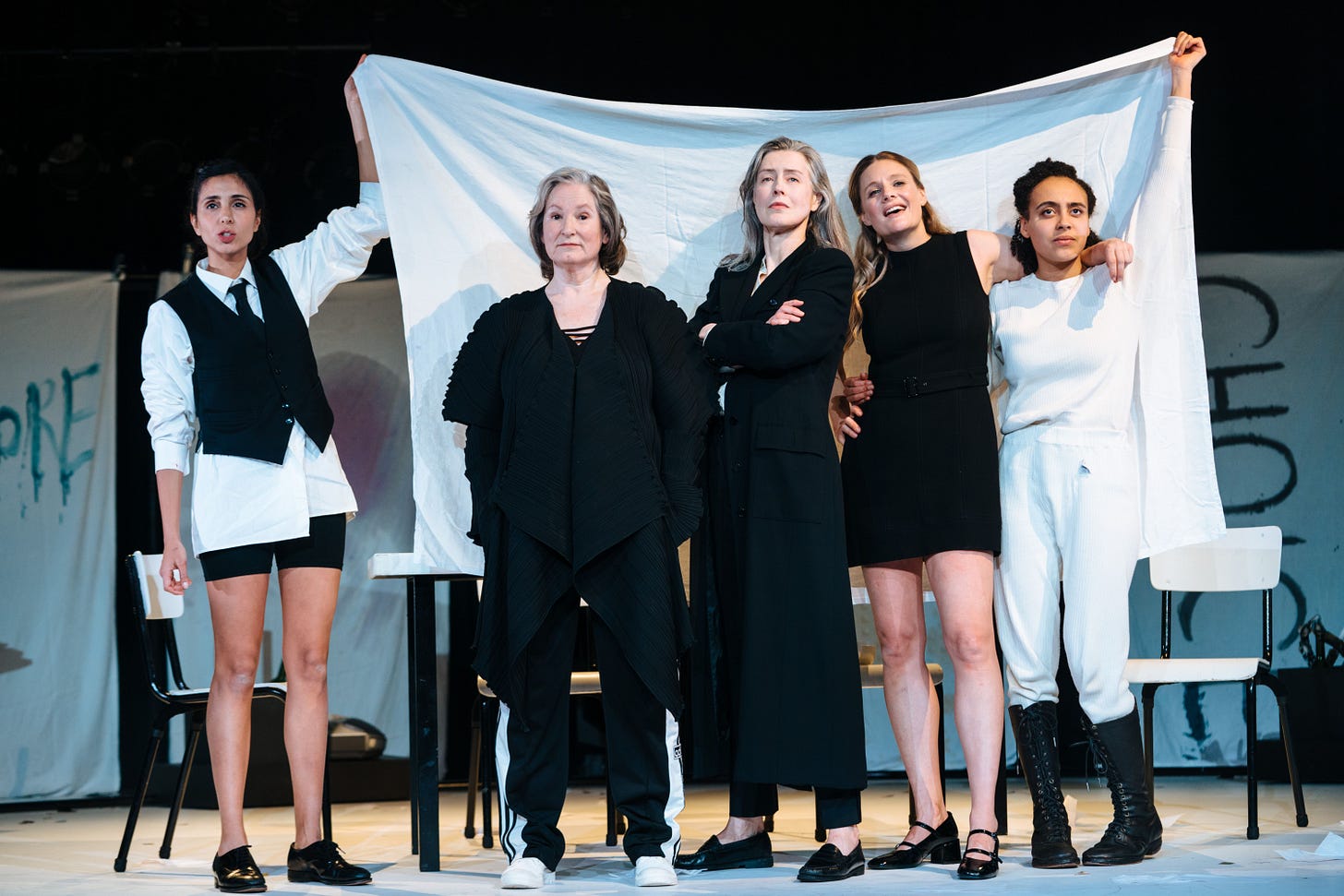
Now speaking as an Olivier Award winner for her direction on The Years ahead of the much-anticipated ceremony, Arbo looks back at her career to date,
‘I first realised I wanted to be a director as a teenager when I started creating performances with my friends. I had been involved in children's theatre, but I found directing and shaping performances far more compelling than being on stage myself. Growing up in a small town in the north of Norway, activism was a central part of my upbringing—we would demonstrate almost every weekend. However, as I got older, I wanted to explore different ways of engaging with the world beyond protests.
‘Theatre offers a space to ask questions, explore themes with nuance, and use imagination to reflect on society. Unlike demonstrations, theatre allows for ambiguity, complexity, and new perspectives on how we live together.’
A collaborative creative culture
Refining on artistic practice as her career continues to progress, Arbo highlights the significance of collaborative theatre,
‘I believe in creating performances collectively, ensuring that both actors and the creative team understand the meaning we want to convey. A key aspect of my style is questioning the relationship between the audience and actors, constantly shifting between immersive realism and moments that remind the audience they are watching theatre. This interplay makes theatre a unique art form—where we knowingly engage in fiction yet emotionally invest in its truth.
Working internationally has given me new perspectives, not only on theatre but on society itself; moving from Norway to the Netherlands made me more aware of the role of female protagonists in theatre, as I found the Dutch theatre landscape less emancipated at the time than what I was used to. These cultural contrasts influence my artistic choices and allow me to approach new material with fresh insights.
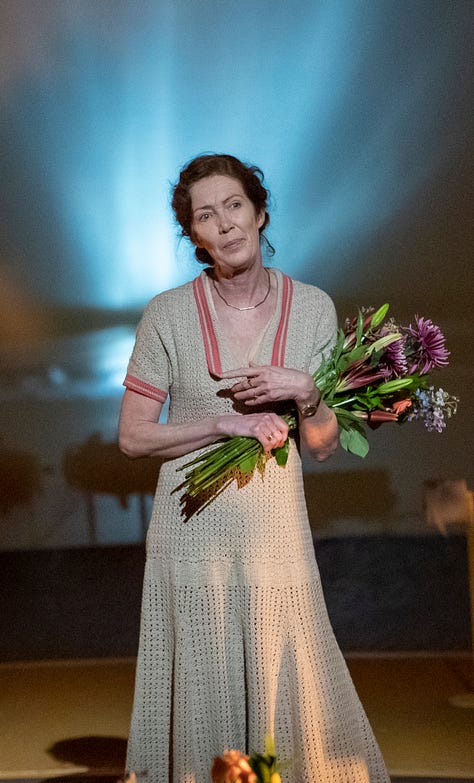
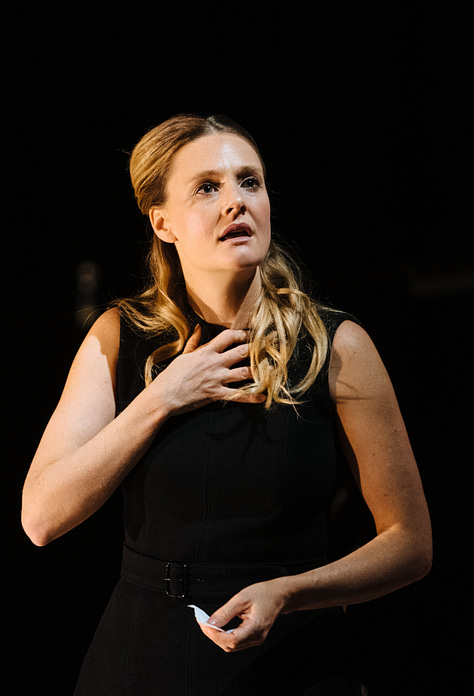
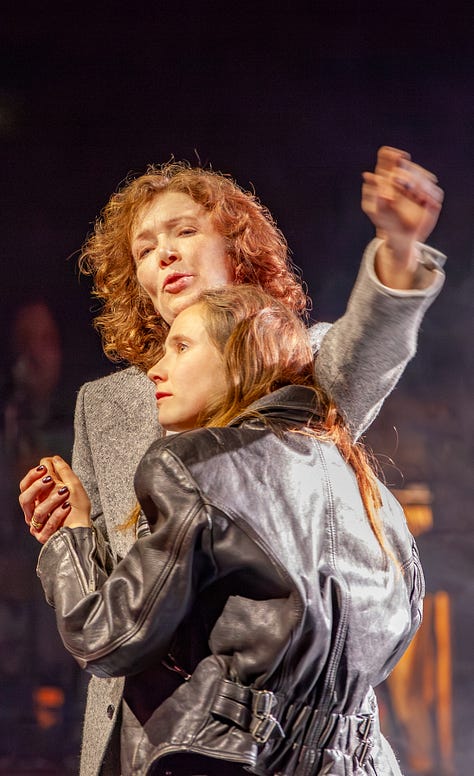
The Years — a theatrical perspective on female societal identity
As the Almeida's Head of Programming & Literary and The Years co-adapter Stephanie Bain notes in the opening remarks in the West End programme, the Olivier-nominated piece can be considered as a trilogy alongside Arbo's The Hours (De uren) and The Laws (De wetten) at ITA, all of which she comments explore different aspects of the female experience,
From the beginning, I envisioned five actresses of different ages collectively telling the story, mirroring Ernaux’s approach to creating a shared, almost universal narrative of a woman’s life. The biggest challenge was adapting a novel without dialogue or traditional scenes into a theatrical piece. I had to craft the dialogue while maintaining the novel’s poetic and political essence. Ultimately, I saw The Years as a unique opportunity to merge the personal with the political in a way rarely seen on stage.
The Hours examines the roles imposed on women, particularly as housewives, and the feeling of being trapped in a predefined identity; The Years spans one woman’s entire life, highlighting how political and societal shifts shape her existence; The Laws is about breaking free from societal expectations and finding an independent voice.
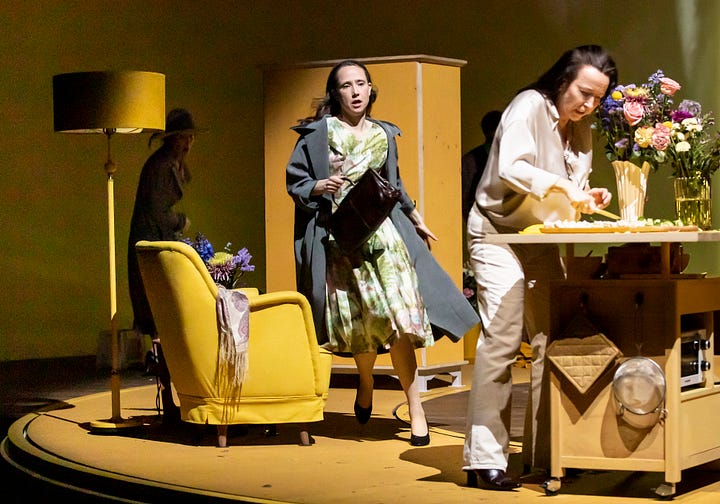
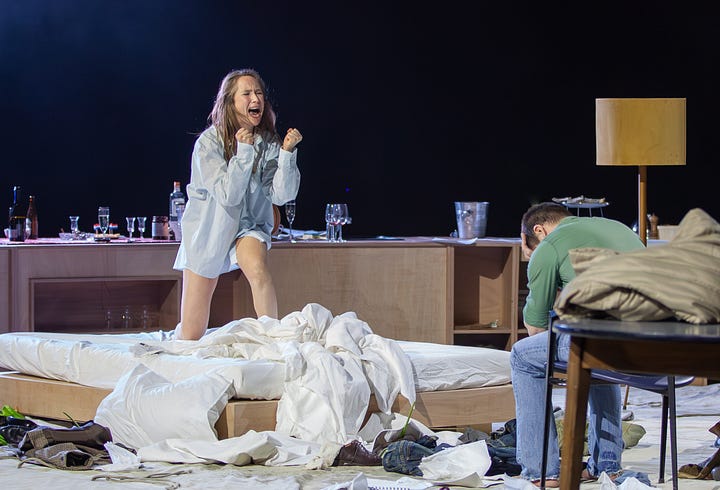
Further reading: you might also like
On the ‘remarkable’ response to The Years…
Not every show sees audience members fainting at most if not all performances at a specific moment in the story—Arbo reflects on the show's impact and what this mirrors about the current artistic landscape,
The response was remarkable—many audience members expressed that they had never seen a portrayal of a woman’s life presented in this way on stage. While gratifying, it was also sobering to realise that such a perspective was still rare in contemporary theatre. Female-led stories are becoming more prominent but there is still a long way to go in ensuring diverse and nuanced representations of women’s experiences.
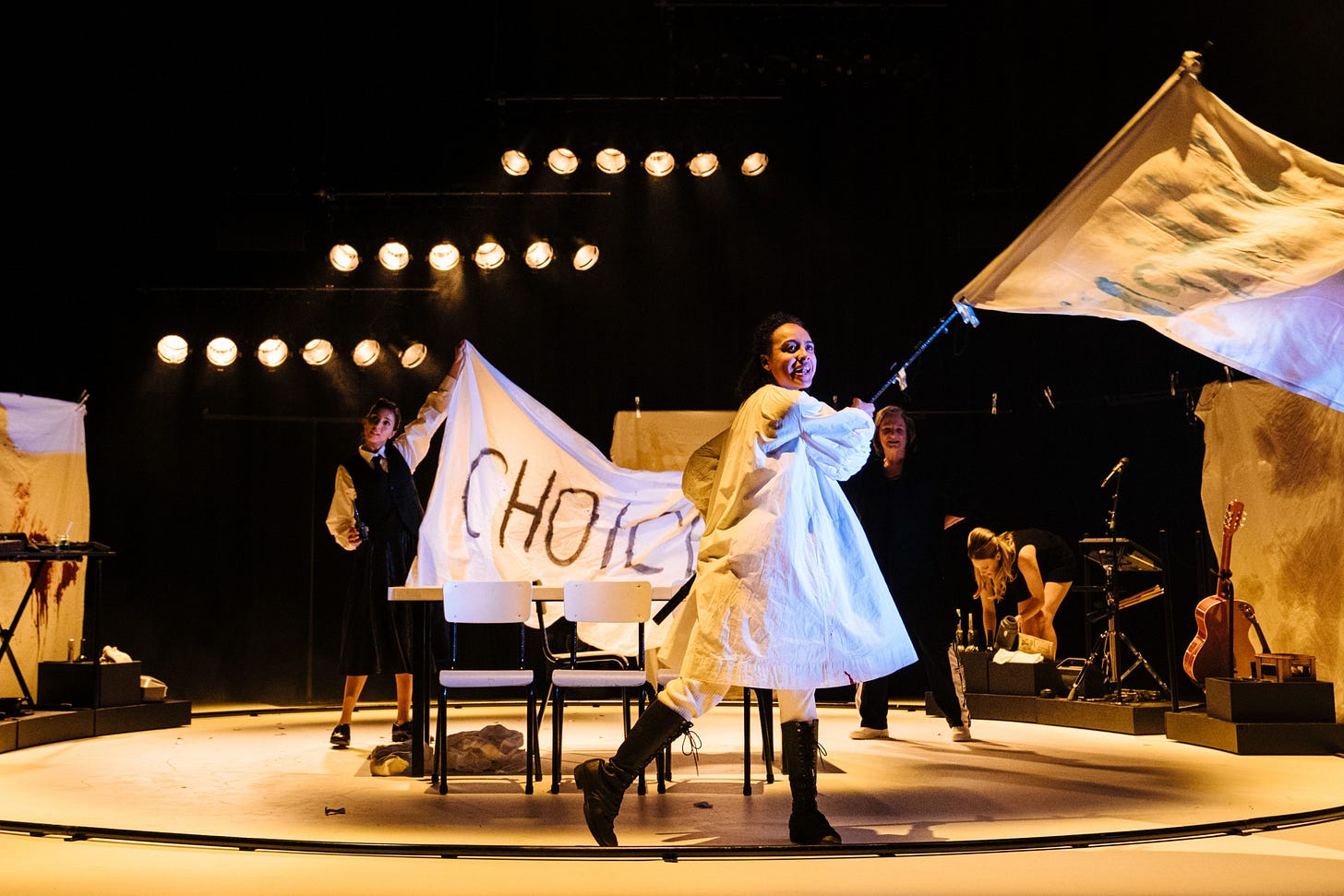
Theatre has the power to evoke intense emotional responses. The play’s structure—where time moves fluidly and moments of joy, loss, and political upheaval intertwine—creates an overwhelming sense of recognition. Audiences might see their own lives reflected on stage, making the experience profoundly affecting.
‘I hope viewers leave with a renewed awareness of how individual lives are shaped by collective history and, perhaps, with a sense of urgency about the changes still needed in society.’
Looking back at the moment the Olivier Award nominations for this year were revealed, she recounts, ‘I was in tech rehearsals for The Wall by Marlen Haushofer at ITA when I found out. Since I was so focused on the production, I only heard the news later. It was, of course, an incredible honour - to have this work recognized in such a way is truly meaningful.’
The Years taught me a lot about adapting literature into theatre, particularly in balancing narration with dramatic action. The Wall presents different challenges—it’s a deeply introspective novel about isolation, survival, and the relationship between humans and nature. One key influence from The Years is the use of a collective voice; in The Wall, I’m exploring ways to externalise the protagonist’s inner world, making the audience part of her psychological and existential journey.
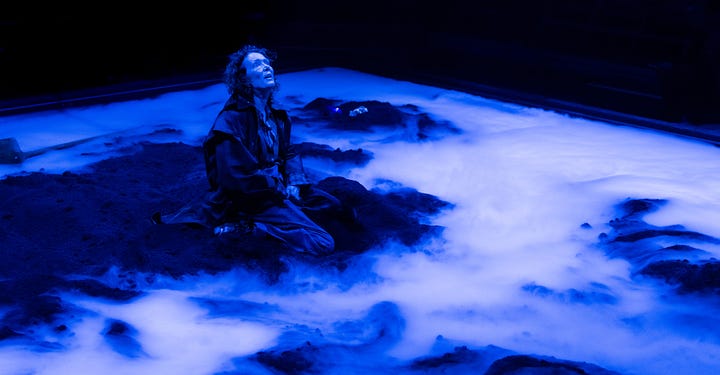
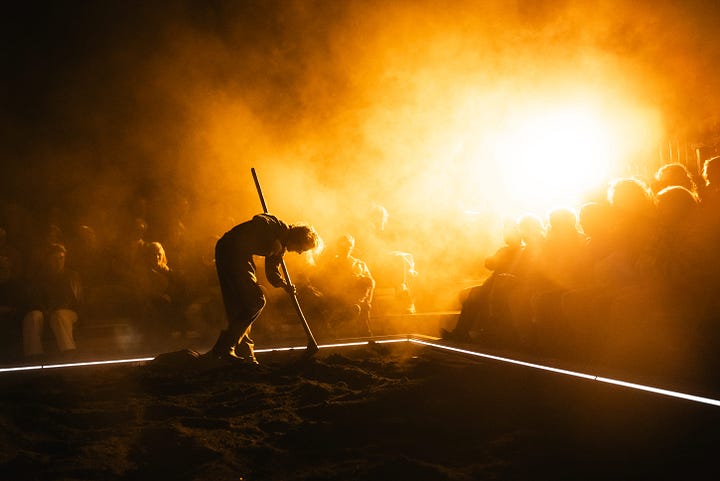
As a final note to aspiring theatre-makers, Arbo shares one piece of advice,
Stay true to yourself. Although it’s a bit of a cliché, it’s also true because authenticity comes from within. We all search for ways to express ourselves, but the question remains what story you want to tell as a director, and who you are as a human being will always be a part of that story.
As a young director, I often felt there was a "correct" way to create theatre—that tragedies had to be purely tragic, for example. But I’ve learned that theatre should reflect your own artistic instincts. For me, that means incorporating humour even in serious stories or using music to shape emotion. Finding your own voice, rather than adhering to external expectations, is crucial.
The Years continues at the Harold Pinter Theatre, London until 19 April.
The Wall is at Internationaal Theater Amsterdam from 17-27 April.


